When it comes to choosing the right keyboard, understanding the differences between membrane vs mechanical keyboard is crucial. Whether you’re a gamer, a professional typist, or someone who spends hours on the computer daily, the type of keyboard you select can significantly impact your comfort, performance, and overall experience. This comprehensive comparison delves into the key aspects of membrane and mechanical keyboards, helping you make an informed decision that best suits your needs.
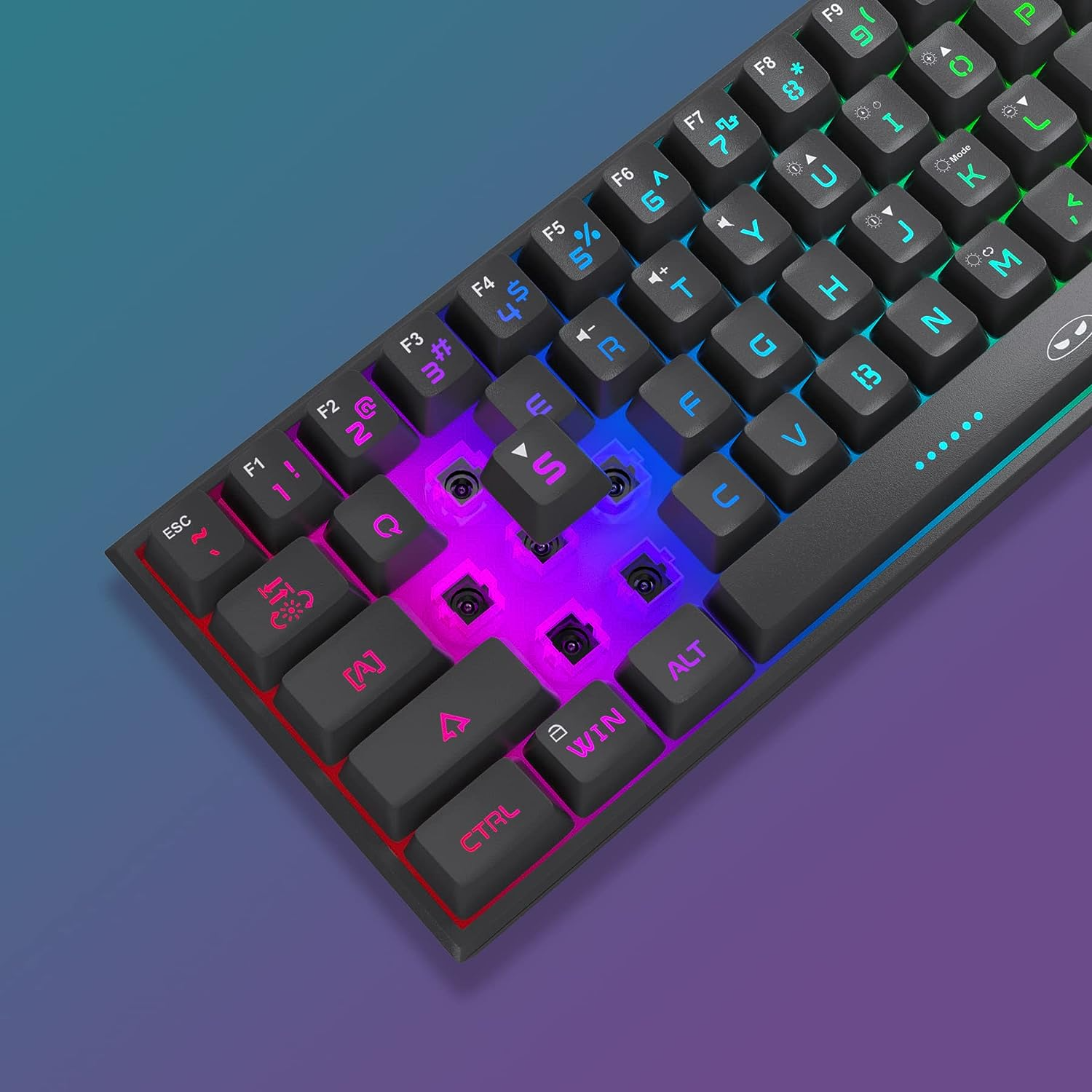 What Are Membrane Keyboards?
What Are Membrane Keyboards?
Membrane keyboards are common in many devices today. They use a flexible design for input. These keyboards are affordable and widely available, making them popular among users.
How Do Membrane Keyboards Work?
Membrane keyboards use a pressure pad system. They consist of three main layers: the top membrane layer, a conductive trace layer, and a bottom membrane layer. When a key is pressed, the top layer touches the conductive layer, completing the circuit. This registers the keystroke and sends it to the computer. The process is silent and smooth, making them distinct from mechanical keyboards.
Benefits of Using Membrane Keyboards
- Affordability: They are inexpensive compared to mechanical keyboards. This makes them great for budget-conscious users.
- Portability: Membrane keyboards are lightweight and slim, making them easy to carry around.
- Quiet Operation: These keyboards are quieter, ideal for shared spaces or offices.
- Water Resistance: Many have a spill-resistant design, improving their durability in everyday settings.
Drawbacks of Membrane Keyboards
- Typing Feel: They have a soft and less tactile typing experience, which some may not prefer.
- Durability: They wear out faster compared to mechanical keyboards, especially with heavy use.
- Customization: Membrane keyboards offer limited or no options for key switches or layouts.
- Repair Limitations: Damaged parts are harder to replace, often requiring a full keyboard replacement.
Overall, membrane keyboards work best for users prioritizing cost and simplicity.
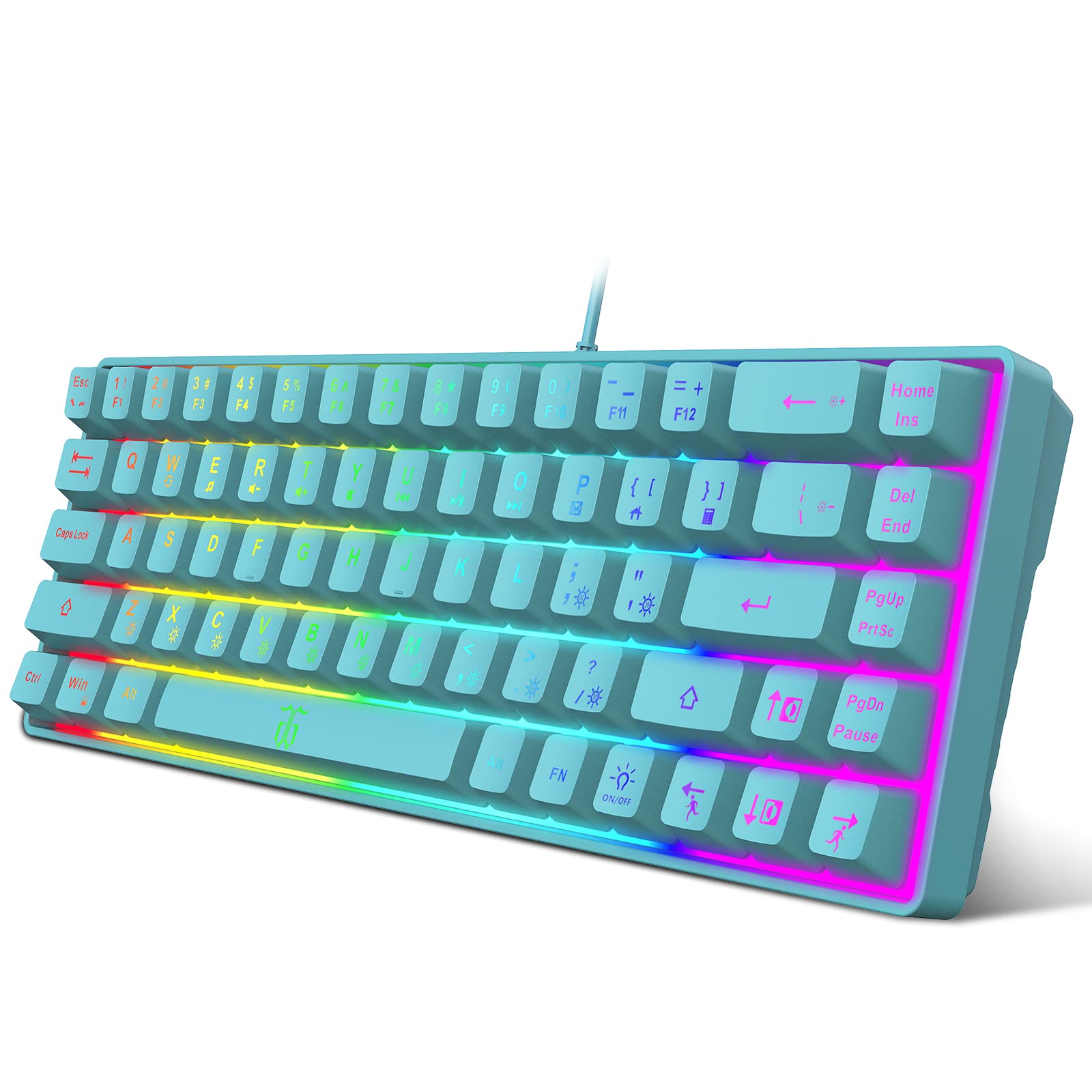 What Are Mechanical Keyboards?
What Are Mechanical Keyboards?
Mechanical keyboards are popular among gaming and typing enthusiasts. They use individual switches for each key. These keyboards provide better accuracy, durability, and customization compared to membrane keyboards.
How Do Mechanical Keyboards Work?
Mechanical keyboards use physical switches to register a key press. Each switch has its own mechanism comprising a keycap, stem, and spring. When a key is pressed, the stem moves downward, and the contacts below close the circuit. This action sends the signal to the computer. The tactile feedback and distinct sound set them apart from membrane keyboards.
Benefits of Using Mechanical Keyboards
- Tactile Feedback: Mechanical keyboards provide a satisfying bump or click when typing.
- Durability: They last longer due to the robust individual switches, often exceeding 50 million keystrokes.
- Customization: Users can choose from various key switch types, lighting options, and layouts.
- Typing Speed and Accuracy: Mechanical keyboards allow faster typing with fewer errors, thanks to their precise actuation.
- Repairability: Damaged switches or components can be easily replaced without discarding the entire keyboard.
Drawbacks of Mechanical Keyboards
- Cost: They are usually more expensive than membrane keyboards.
- Weight and Size: Mechanical keyboards are heavier and bulkier, making them less portable.
- Noise Levels: The audible clicks can be disruptive, especially in quiet environments.
- Learning Curve: New users might find them harder to adapt to initially due to their distinct feel.
Despite their drawbacks, mechanical keyboards are a top choice where performance and customization are essential.
Key Differences Between Membrane and Mechanical Keyboards
Membrane vs mechanical keyboard differ in multiple aspects. These differences make them unique for various uses.
Typing Feel and Experience
Membrane keyboards provide a soft and smooth typing experience. They lack tactile feedback or clicking noises. On the other hand, mechanical keyboards offer precise tactile bumps or audible clicks. This feedback makes typing satisfying and intentional, especially for gamers and typists.
Durability and Lifespan
Membrane keyboards generally wear out faster, especially with frequent use. They are less durable due to their layered design. Mechanical keyboards last longer with robust switches, often exceeding 50 million keystrokes. They are ideal for users needing a long-term, reliable option.
Customization Options
Membrane keyboards offer limited customization choices for key layouts or switches. Most are standardized with fixed designs. Mechanical keyboards, however, allow switch variety, lighting adjustments, and layout modifications. This makes them perfect for users who value personalization.
Noise Level Comparison
Membrane keyboards operate quietly, suitable for shared or silent spaces. They are less disruptive in office environments. Mechanical keyboards create noticeable clicks or sounds, depending on their switches. While enjoyable for some, they may disrupt quiet settings.
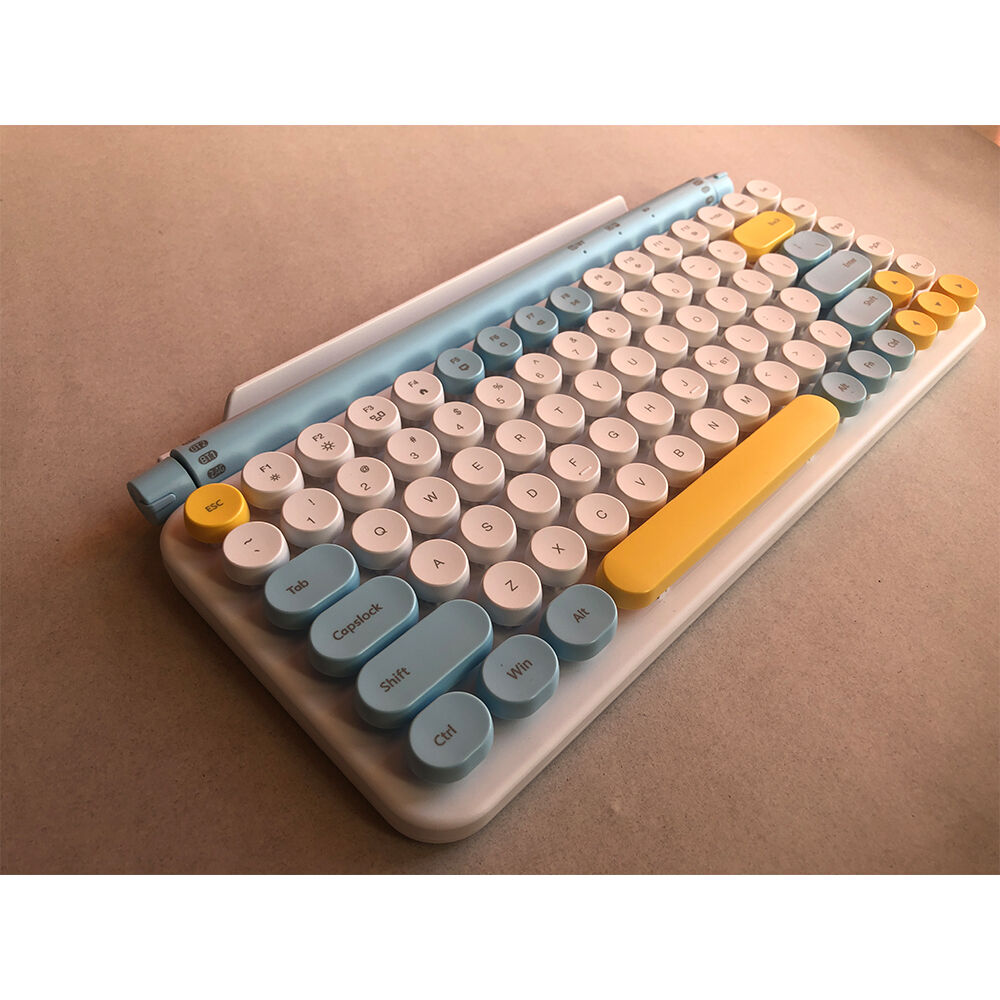 Which Keyboard Is Better for Gaming?
Which Keyboard Is Better for Gaming?
Gaming demands precision, speed, and responsiveness to elevate performance. Choosing the right keyboard is critical for gamers.
Comparing Gaming Performance
Mechanical keyboards are often preferred for gaming. Their tactile feedback and faster actuation improve player control. Gamers can choose from switch types tailored for rapid keystrokes or heavier resistance. Additionally, customizable layouts and RGB lighting enhance the gaming experience. Membrane keyboards, while quieter, lack the precision and customization options needed for advanced gaming.
Response Time and Accuracy
Mechanical keyboards excel at response time, offering quicker key actuation. This reduces input lag for competitive games. Their individual switches provide consistency, aiding accurate and intentional movements. Membrane keyboards have slower response times due to their layered design. They may cause missed keystrokes, especially during fast-paced gameplay.
For high-performance gaming, mechanical keyboards generally outshine membrane keyboards.
Which Keyboard Is Better for Typing and Office Work?
When it comes to typing and office work, choosing the right keyboard depends on your needs. Membrane and mechanical keyboards offer distinct advantages that cater to different preferences and priorities.
Comfort and Ergonomics
Comfort plays a major role in long typing sessions. Membrane keyboards are lightweight and soft, causing minimal strain. The smooth keystrokes of membrane keyboards make them suitable for quick tasks. However, they may lack the tactile feedback some users need for precise typing.
Mechanical keyboards excel in ergonomics due to their customizable switches. Users can select keys with resistance levels that suit their typing style. The tactile feedback or audible clicks improve typing accuracy. Additionally, many mechanical keyboards provide wrist support and adjustable heights for better postural alignment.
Long-Term Usage Considerations
For long-term office use, durability matters. Membrane keyboards typically have a shorter lifespan and wear out faster. Heavy usage can lead to degraded performance over time. They are better suited for short-term or occasional typing needs.
Mechanical keyboards stand out with their lasting performance. The robust switches can endure millions of keystrokes, ensuring extended functionality. Their repairability also adds value; replacing damaged switches is easy without discarding the entire keyboard. For heavy typists or office professionals, mechanical keyboards offer reliability and durability.
In conclusion, membrane keyboards are suitable for light tasks and casual typing. Mechanical keyboards are ideal for long-term use, offering comfort and durability for demanding work environments.
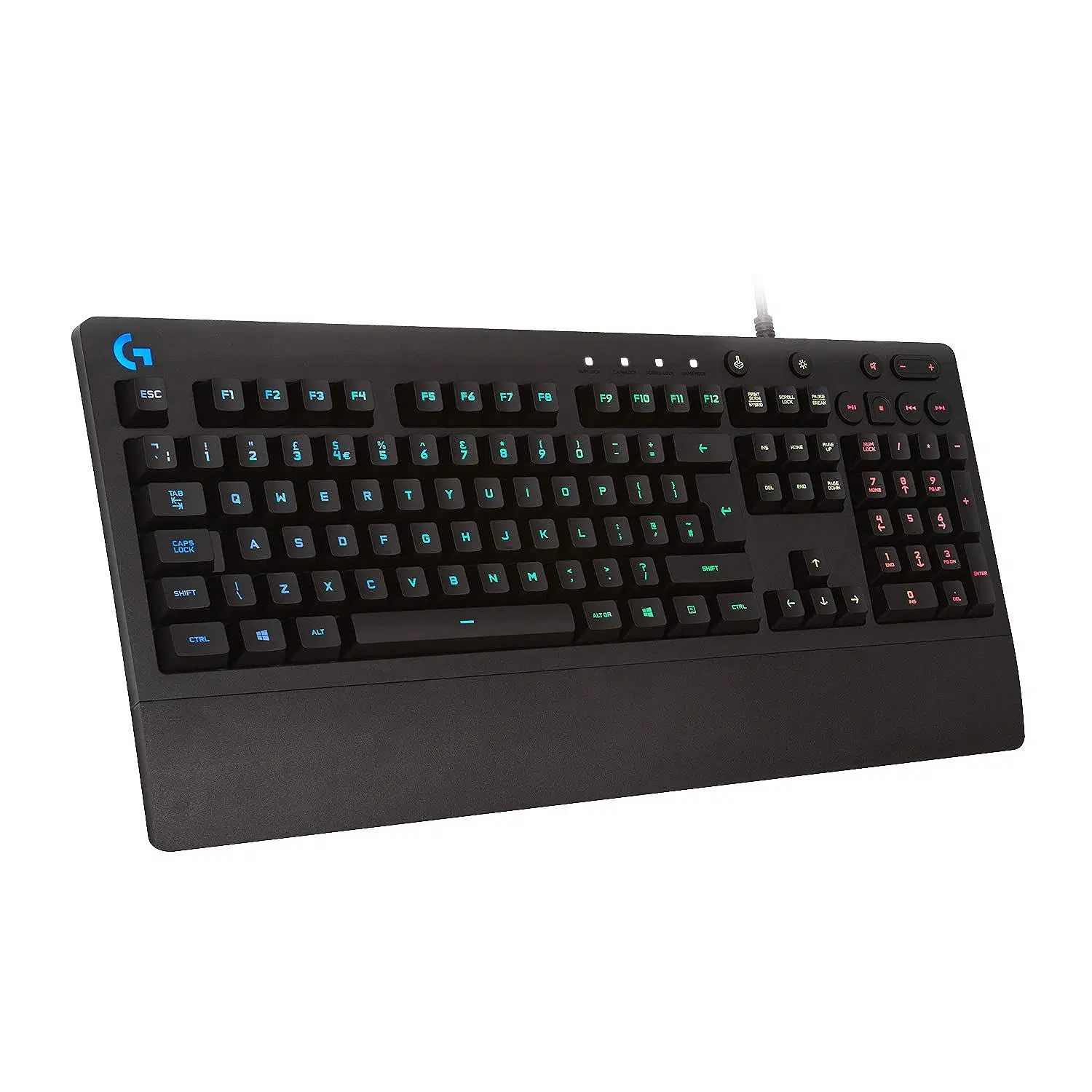 Price Comparison: Membrane vs Mechanical
Price Comparison: Membrane vs Mechanical
When comparing membrane and mechanical keyboards, price is a crucial factor to consider. Both types cater to different needs and budgets.
Cost Implications for Various Users
Membrane keyboards are highly affordable and ideal for budget-conscious users. They are widely available and often bundled with computers or devices. Their lower price point makes them suitable for casual typists, students, or offices seeking cost-effective solutions. However, their shorter lifespan may mean replacement costs over time.
Mechanical keyboards, on the other hand, come with a higher initial price. Their durability and longer lifespan can offset this by reducing replacement frequency. Enthusiasts and heavy users often find the cost justified due to enhanced performance, customization, and typing comfort. Gamers or professionals with demanding needs may see the investment as worthwhile.
Are Mechanical Keyboards Worth the Price?
Mechanical keyboards stand out for their value in performance and durability. Their tactile feedback greatly enhances typing or gaming precision. Thanks to their longevity, many users save money by avoiding frequent replacements. Additionally, customizable features like switch types and lighting provide extra utility.
For casual users or those on a tight budget, membrane keyboards might be more practical. Their affordability suits short-term or light usage well. However, for users seeking top-tier functionality, mechanical keyboards justify their higher cost. Ultimately, the decision depends on your priorities and how you plan to use your keyboard.
How to Choose the Right Keyboard for Your Needs
Selecting the right keyboard depends on your preferences and usage needs. Both membrane and mechanical keyboards offer unique advantages and drawbacks. Here’s how you can decide which one suits you best.
Factors to Consider When Buying a Keyboard
- Purpose: Identify whether you need a keyboard for gaming, typing, or general use. Gamers often benefit from mechanical keyboards due to their speed and precision. Casual users might prefer membrane keyboards for their affordability and quiet operation.
- Typing Comfort: Choose a keyboard with the typing feel you like. Membrane keyboards are soft and quiet, while mechanical ones offer tactile feedback and customizable resistance levels.
- Durability: For heavy usage, go with mechanical keyboards as they last longer. Membrane keyboards work well for infrequent use.
- Noise Levels: Consider your environment. Mechanical keyboards can be noisy. Membrane keyboards are better for shared spaces.
- Portability: If you need a lightweight option, membrane keyboards are usually slimmer and easier to carry.
- Budget: Decide how much you’re willing to spend. Membrane keyboards are more budget-friendly. Mechanical keyboards cost more but provide better long-term value.
- Customization Needs: Opt for mechanical keyboards if you want switch choices or RGB lighting. Membrane keyboards rarely offer customization.
Recommendations for Specific Use Cases
- For Gaming: A mechanical keyboard is the best choice due to its fast response time and tactile feedback. Choose a model with gaming-specific switches for enhanced performance.
- For Office Work: If you prioritize quiet operation, go with a membrane keyboard. However, for long typing sessions or durability, a mechanical keyboard is better.
- For Students or Casual Use: Membrane keyboards are affordable and lightweight, making them ideal for basic tasks and portability.
- For Enthusiasts: Mechanical keyboards are great for individuals who value customization and performance.
By considering these factors and your specific needs, you can make an informed keyboard choice.
Environmental Impact: Sustainability Considerations
Sustainability is becoming increasingly important in consumer choices, including keyboard selection. Here’s how membrane and mechanical keyboards compare in terms of environmental impact.
Material Composition
Membrane keyboards typically use fewer and less durable materials, which might lead to shorter product lifespans and more frequent replacements. Mechanical keyboards, constructed with high-quality components, last longer and reduce the need for frequent disposal and replacement.
Recyclability
Mechanical keyboards often have more recyclable parts, such as individual switches and keycaps, allowing for easier recycling and reducing waste. Membrane keyboards, with their integrated layers, are harder to recycle effectively.
Energy Consumption
While membrane keyboards generally consume less energy during production, the need for frequent replacements can offset these savings over time. Mechanical keyboards’ longer lifespan contributes to lower overall energy consumption in the long run.
Eco-Friendly Options
Some mechanical keyboard manufacturers prioritize sustainability by using eco-friendly materials, recyclable packaging, and environmentally responsible manufacturing processes. If sustainability is a priority, opting for a mechanical keyboard from a brand committed to green practices can be a better choice.
Future Trends: The Evolution of Keyboards
The landscape of keyboards is continuously evolving, with advancements shaping the future of both membrane and mechanical keyboards.
Integration of Smart Technology
Future keyboards may incorporate smart technology, enhancing functionality through features like gesture recognition, adaptive lighting, and integration with smart home devices. Mechanical keyboards, with their advanced construction, are well-positioned to adopt these innovations.
Enhanced Ergonomics
As awareness of ergonomic health grows, both membrane and mechanical keyboards will likely see improvements in design to further reduce strain and enhance comfort. Mechanical keyboards may lead the way with customizable ergonomic features tailored to individual needs.
Increased Customization
The trend towards personalization will continue, with manufacturers offering more options for customization. Mechanical keyboards will likely spearhead this movement, providing users with extensive personalization capabilities that membrane keyboards cannot match.
Sustainable Manufacturing Practices
Sustainability will become a key focus, with more manufacturers adopting eco-friendly materials and processes. Both membrane and mechanical keyboard producers will likely innovate to reduce their environmental footprint, but mechanical keyboards may have more flexibility to integrate sustainable practices due to their modular nature.
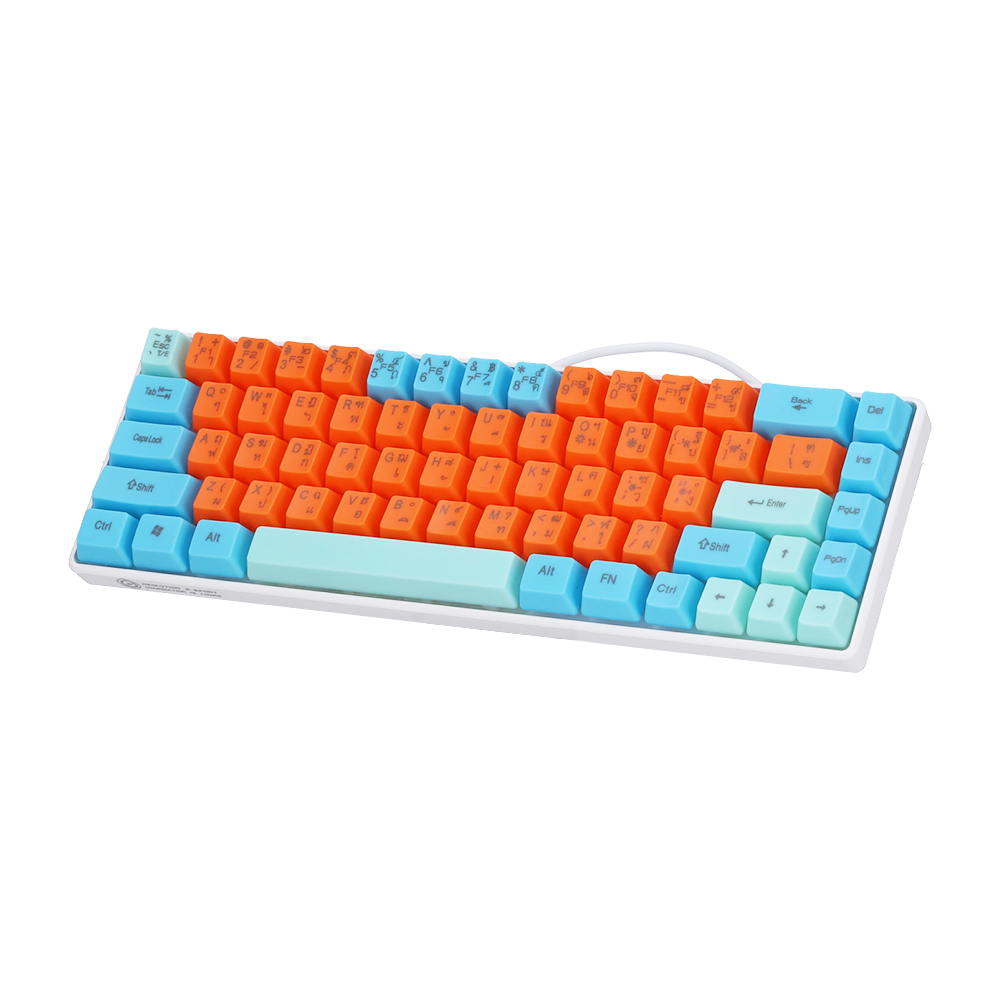 Conclusion
Conclusion
Choosing between a membrane and mechanical keyboard depends on your specific needs, preferences, and budget. The membrane vs mechanical keyboard debate highlights the trade-offs between cost, durability, typing experience, and customization. Membrane keyboards offer affordability and quiet operation, making them suitable for casual users and office environments. On the other hand, mechanical keyboards provide superior durability, tactile feedback, and extensive customization options, appealing to gamers, typists, and enthusiasts seeking a top-tier typing experience.
By carefully evaluating the factors discussed in this comparison, you can select a keyboard that enhances your productivity, comfort, and overall satisfaction. Whether you prioritize budget, typing feel, or customization, understanding the differences between membrane and mechanical keyboards empowers you to make an informed decision that best aligns with your needs and preferences.